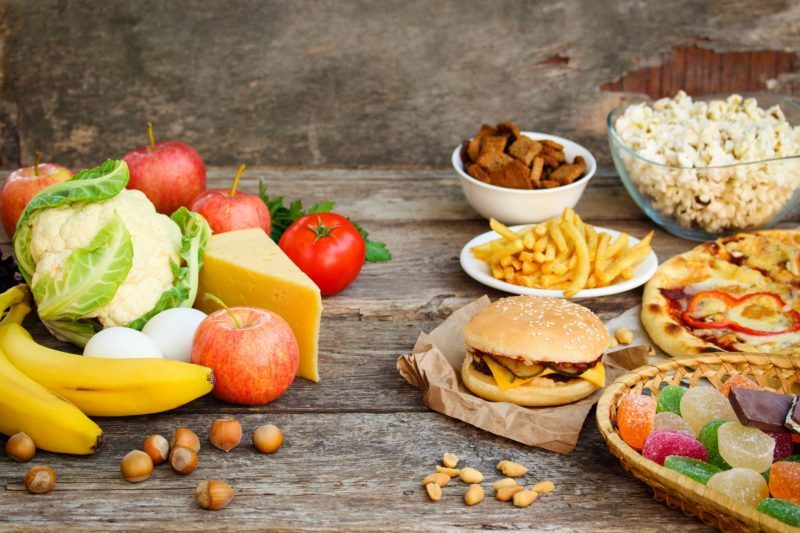The study was performed on 51 women. They completed a baseline assessment of their attention during a morning visit to the lab. They then ate a high-fat meal—eggs, biscuits, turkey sausage, and gravy. The meal contained 60g of fat, either a palmitic acid-based oil high in saturated fat or sunflower oil, low in saturated fats and high in unsaturated fat. Five hours later they took the performance test again. This process was repeated between one and four weeks later; the second time around, participants ate the opposite meal of what they had eaten on the first visit.
The results: Their performance on an attention test was worse after eating the high-saturated-fat meal. The participants were on average 11% less able to detect target stimuli in the attention assessment after eating the high-saturated-fat meal during the 10-minute test.
Those with leaky gut had it worse—researchers analyzed participants’ fasting baseline blood samples to determine whether they contained an inflammatory molecule signaling the presence of endotoxemia, the toxin that escapes from the intestines and enters the bloodstream when the gut barrier is compromised.
“If the women had high levels of endotoxemia, it also wiped out the between-meal differences. They were performing poorly no matter what type of fat they ate,” explained Annelise Madison, lead author of the study and a graduate student in clinical psychology at The Ohio State University, in a press release. Madison works in the lab of Janice Kiecolt-Glaser, Professor of Psychiatry and Psychology and Director of the Institute for Behavioral Medicine Research at Ohio State. For this study, Madison conducted a secondary analysis of data from Kiecolt-Glaser’s study assessing whether high-fat meals increased fatigue and inflammation among cancer survivors.
Related: Study: Mediterranean Lowers Risk of Cognitive Impairment Herb of the Month: Ginkgo Biloba A Healthier New Year Starts in the Gut
“Most prior work looking at the causative effect of the diet has looked over a period of time,” Madison said. “And this was just one meal—it’s pretty remarkable that we saw a difference.” Moreover, as impressive as the effect was, Madison suggests that it could still be more surprising: “Because both meals were high-fat and potentially problematic, the high-saturated-fat meal’s cognitive effect could be even greater if it were compared to a lower-fat meal.”She noted that previous research has suggested that food high in saturated fat can drive up inflammation throughout the body, and possibly the brain.
In light of the COVID-19 pandemic, these results are concerning. Kiecolt-Glaser explained in the release: “What we know is that when people are more anxious, a good subset of us will find high-saturated-fat food more enticing than broccoli. We know from other research that depression and anxiety can interfere with concentration and attention as well. When we add that on top of the high-fat meal, we could expect the real-world effects to be even larger.”










